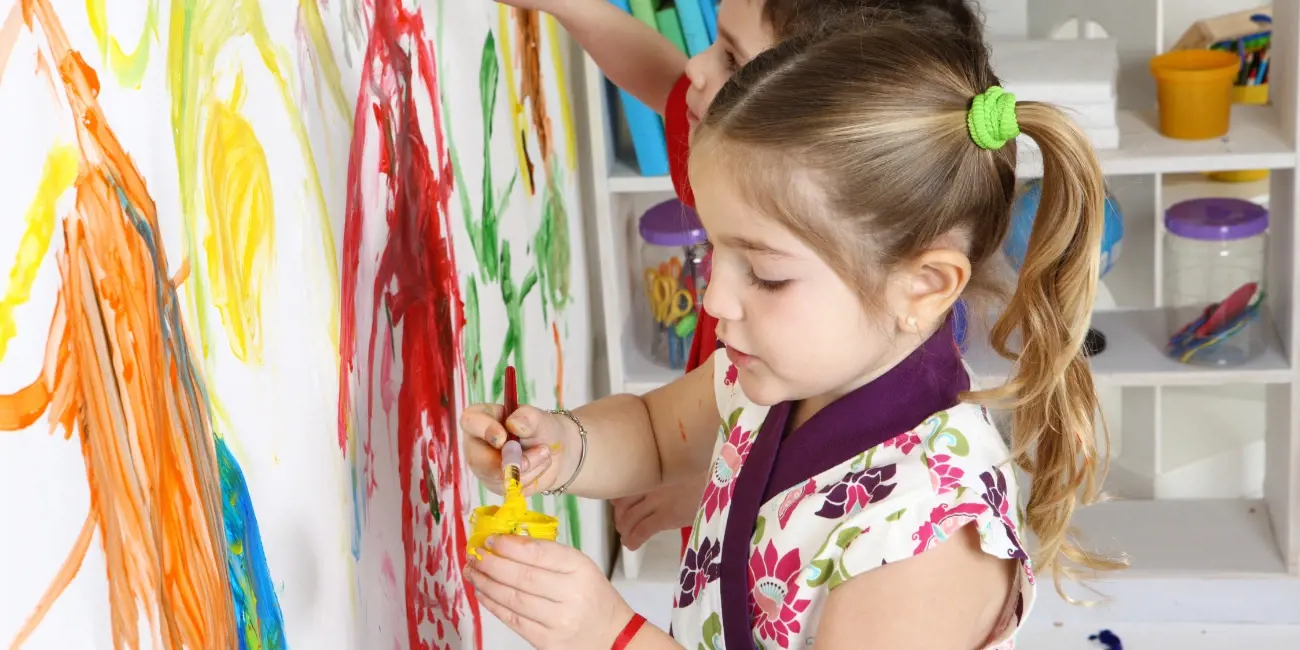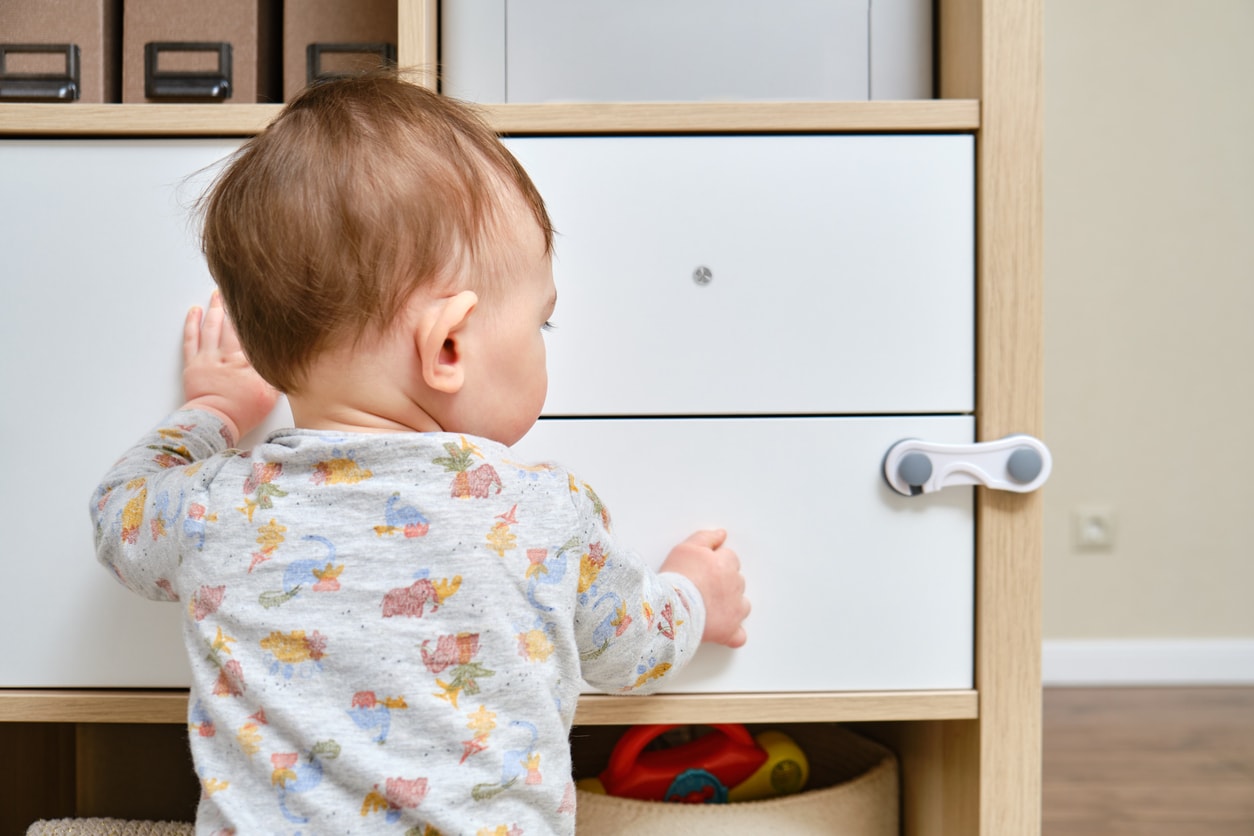Early childhood is a time of incredible growth and transformation, especially when it comes to language development. As a parent or caregiver, it is crucial to understand the key milestones that young children typically reach during this critical stage. With this knowledge, you can effectively support and stimulate your child’s language development. In this article, we explore the fundamental milestones in young children’s language development that we should not forget.
1. Chatting (6-9 months)
Around 6 to 9 months of age, you will notice your baby starting to babble. They make repetitive sounds such as ‘ba-ba’ or ‘ma-ma’. While this may seem like simple, meaningless noise, it is an important milestone because it sets the foundation for higher-level language development.
2. First Words (12-18 months)
One of the most exciting moments for parents is when their child speaks the first words. This usually happens between the ages of 12 and 18 months. These words are usually simple, everyday terms such as ‘mother’, ‘father’, or ‘dog’. Encourage and celebrate this stage by repeating what your child says and expanding their vocabulary.
3. Expansion of Vocabulary (18-24 months)
Between 18 and 24 months, your child’s vocabulary begins to grow rapidly. They will start using more words and string together two- or three-word sentences, such as “more juice” or “big teddy bear.” Encourage this stage by reading to your child and introducing him to new words and concepts.
4. Sentence (2-3 years)
As your child approaches his third birthday, you can expect him to begin forming simple sentences. They combine words to express their thoughts and feelings more effectively. This is an exciting stage because your child will begin to communicate more coherently. Encourage them to form sentences by engaging in conversations and asking open-ended questions.
5. Refinement of Pronunciation (3-4 years)
Between the ages of 3 and 4, young children work on perfecting their pronunciation. Their speech becomes clearer and more understandable to a wider audience. Correct any pronunciation errors gently and encourage them to pronounce the words accurately.
6. Storytelling and Imagination (4-5 years old)
As your child approaches his fifth birthday, he will become better at telling stories and using his imagination. They can make up complex stories and play imaginatively. Encourage this by providing them with books, art supplies, and opportunities for creative expression.
7. Conversational Skills (more than 5 years)
By the time your child starts school, he or she should already have basic conversation skills. They can have meaningful conversations, express their ideas clearly, and listen attentively to others. Continue to develop their communication skills by participating in discussions and encouraging them to express their opinions.
Support the Language Development of Young Children
Supporting your child’s language development is a useful and important part of the early years. Here are some tips to help you develop your language skills:
- Talk to them: Have conversations with your kids throughout the day. Describe what you do, ask questions, and encourage them to respond. Even if they don’t have an extensive vocabulary, it is essential to listen to you and try to communicate.
- Reading together: Reading is one of the most effective ways to promote language development. Choose age-appropriate books and read to your children regularly. Point to the pictures, talk about the story, and ask questions about the book.
- Expand Their Vocabulary: Introduce new words and concepts into your child’s world. When they point to an object, give it a name and give a brief description. For example: “That’s a red apple.”
- Encourage social interaction: Playing and interacting with other children is essential for language development. This allows your child to learn from his peers and practice social skills.
- Limit screen time: Too much screen time can hinder language development. Make sure your child has a balance between screen time and real-world interaction.
- Be patient: Every child grows at his or her own pace. Some people may speak early, while others may take more time. Be patient and encouraging and avoid pressure or comparison.
- Celebrate achievements: When your child reaches a language milestone, celebrate it. Positive reinforcement can increase their self-confidence and motivation to continue learning.
- Seek professional help if necessary: If you notice a significant delay in your child’s language development, it is necessary to consult a pediatrician or speech therapist. Early intervention can be very effective in solving the problem.





